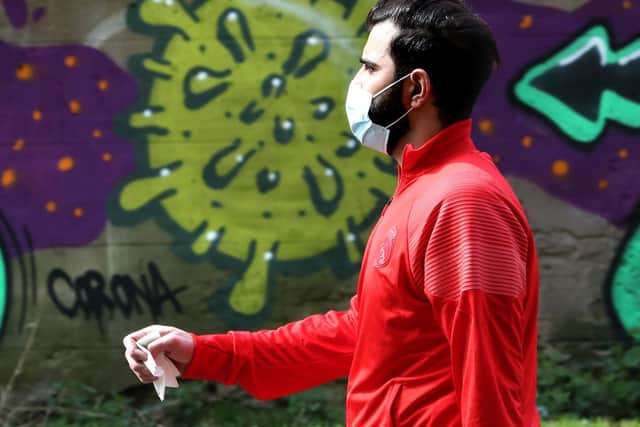Second COVID-19 wave could be even more deadly than the first says Professor Chris Whitty
and live on Freeview channel 276
Professor Whitty made the comments during an in-depth talk he did online for Gresham College in London on Thursday evening.
"Like the point I made with the flu pandemics, it is entirely plausible for a second wave to be more severe than the first if not mitigated against," said Professor Whitty.
Advertisement
Hide AdAdvertisement
Hide AdProfessor Whitty went on to explain four possible ways winter could change the way COVID-19 is transmitted.
It is not yet known if there will be a seasonal element to COVID-19 but given the fact it is a respiratory illness Northern Ireland and the rest of the UK could see a spike in speed of transmissions.
Professor Whitty also said a second wave would be even more difficult to manage in winter time because people will contract conditions that look like COVID-19 but turn out not to be.
This makes the symptomatic approach much more difficult because if someone presents with COVID-19 symptoms in summer time it is much more likely that they have COVID-19.
Advertisement
Hide AdAdvertisement
Hide AdIn winter there will be many more conditions that look like COVID-19 but are not which makes identifying those with the virus more difficult to identify without a test.


The third variable that could compound any fight against a second wave is the increased demand in the NHS.
Viruses spread much easier in winter time which puts the NHS under even more pressure than it would be during spring or summer.
There was one positive to emerge from Professor Whitty's online talk.
If social distancing continues to be observed into the winter it would result in a slowing down of flu and other upper respiratory tract infection (URTIs).
